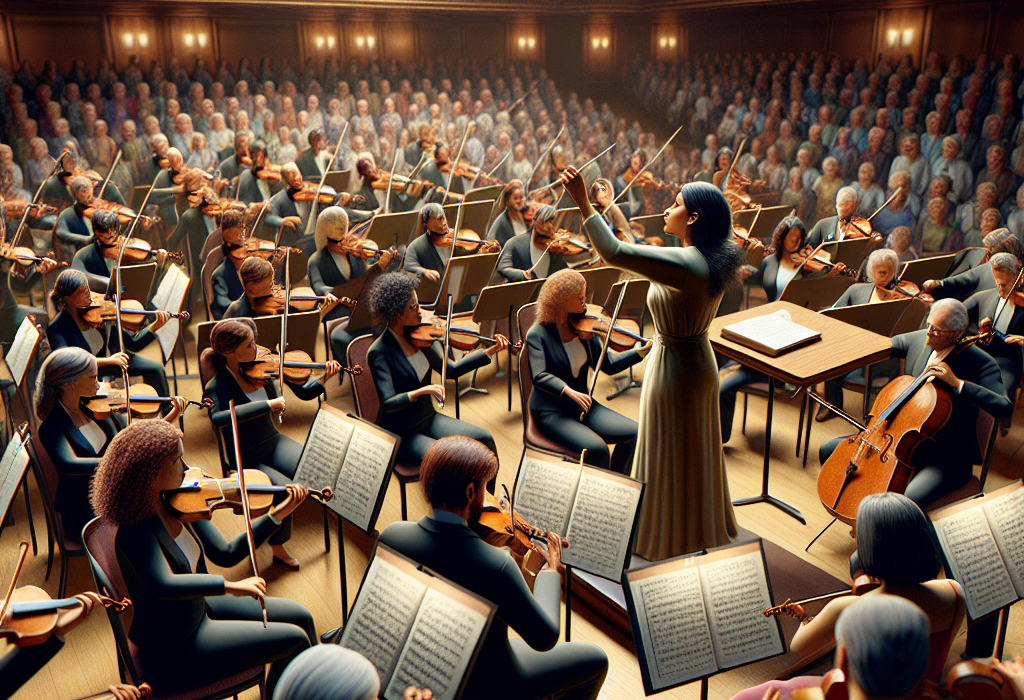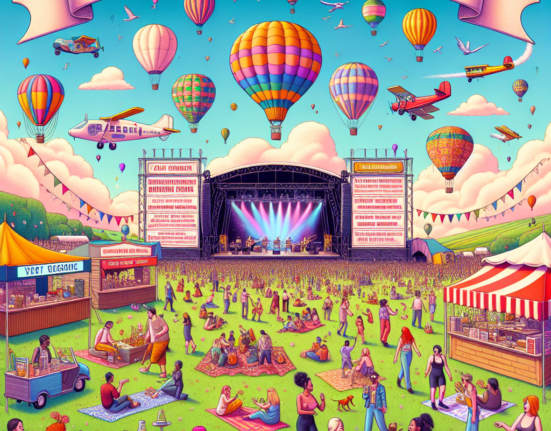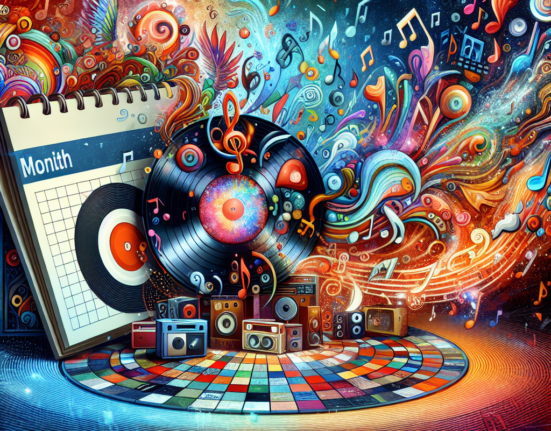The Universal Language of Music: A Journey Through Melodies, Emotions, and Cultures
In a world brimming with diverse languages, cultures, and traditions, music stands as a timeless and universal form of expression. From the haunting hum of an ancient flute to the electrifying pulse of a modern rock band, music transcends boundaries and unites humanity in a shared auditory experience. But what is it about music that touches our souls, ignites our passions, and binds us together?
A Brief History of Music
The origins of music can be traced back to prehistoric times, where early humans used rudimentary instruments like stones, bones, and simple flutes made from natural materials. As societies evolved, so did their musical expressions. Ancient civilizations such as the Egyptians, Greeks, and Chinese developed intricate musical systems and instruments, laying the groundwork for modern music.
During the medieval period, Gregorian chants filled cathedrals, while the Renaissance brought about a flourishing of musical creativity, with composers like Palestrina and Monteverdi pushing the boundaries of polyphony. The Baroque era gave us geniuses like Bach and Handel, whose complex compositions still resonate today.
The Classical period, dominated by figures like Mozart and Beethoven, emphasized clarity, order, and balance. As we moved into the 19th and 20th centuries, Romantic composers like Tchaikovsky and Chopin infused their works with deep emotion and national identity.
The 20th century witnessed an explosion of musical diversity, from jazz and blues to rock ‘n’ roll, hip-hop, and electronic music, each genre reflecting the social, cultural, and technological changes of its era.
The Science of Sound
Music is fundamentally about sound, vibration, and rhythm. When we hear music, sound waves travel through the air and are picked up by our ears. These waves are transformed into electrical signals that our brain interprets, allowing us to perceive melody, harmony, and rhythm.
Researchers have discovered that music activates multiple areas of the brain, including those responsible for emotion, memory, and motor control. This explains why a particular song can evoke powerful memories, elicit tears, or make us want to dance.
The Emotional Power of Music
Music has an unparalleled ability to evoke emotions. A minor key can bring about feelings of sadness or introspection, while a major key often evokes joy and exuberance. The tempo, dynamics, and instrumentation all contribute to the emotional impact of a piece.
Film scores are a prime example of music’s emotional power. Composers like John Williams and Hans Zimmer create soundtracks that enhance the storytelling, making scenes more thrilling, poignant, or majestic. These scores often become as memorable as the films they accompany.
Cultural Significance of Music
Music is deeply woven into the fabric of culture. From the sacred hymns of religious ceremonies to the anthems of political movements, music is a form of cultural expression and identity. Different cultures have developed their own musical scales, instruments, and styles, reflecting their unique histories and values.
For instance, Indian classical music, with its complex ragas and talas, differs significantly from Western classical music, emphasizing improvisation and microtonal variations. African music often incorporates intricate rhythms and communal participation, highlighting music’s role in social and ritual activities.
The Role of Technology
Technological advancements have dramatically shaped the way we create, consume, and distribute music. The invention of the phonograph in the late 19th century allowed music to be recorded and played back, revolutionizing the music industry. The radio brought music into homes around the world, while the advent of digital technology and the internet has made music more accessible than ever.
Today, streaming services like Spotify and Apple Music offer millions of songs at our fingertips, while platforms like YouTube and TikTok have become launching pads for new artists. Music production software enables artists to create complex compositions from their laptops, democratizing the process of music creation.
Music as a Social Glue
Music has the power to bring people together. Concerts, festivals, and dance parties create communal experiences that foster connections between individuals. In times of joy and sorrow, music often serves as a collective outlet for emotion and expression.
From the protest songs of the 1960s civil rights movement to the global phenomenon of K-pop, music can inspire change, break down barriers, and promote understanding across different cultures and generations.
Conclusion: The Eternal Melody
In conclusion, music is a multifaceted phenomenon that holds a unique place in human life. It is a bridge between the past and future, a reflection of our innermost feelings, and a testament to the boundless creativity of the human spirit. As we continue to explore new musical horizons, one thing remains certain: music will always be a universal language that speaks to the heart, transcending time, space, and cultural divides.













Leave feedback about this
You must be logged in to post a comment.